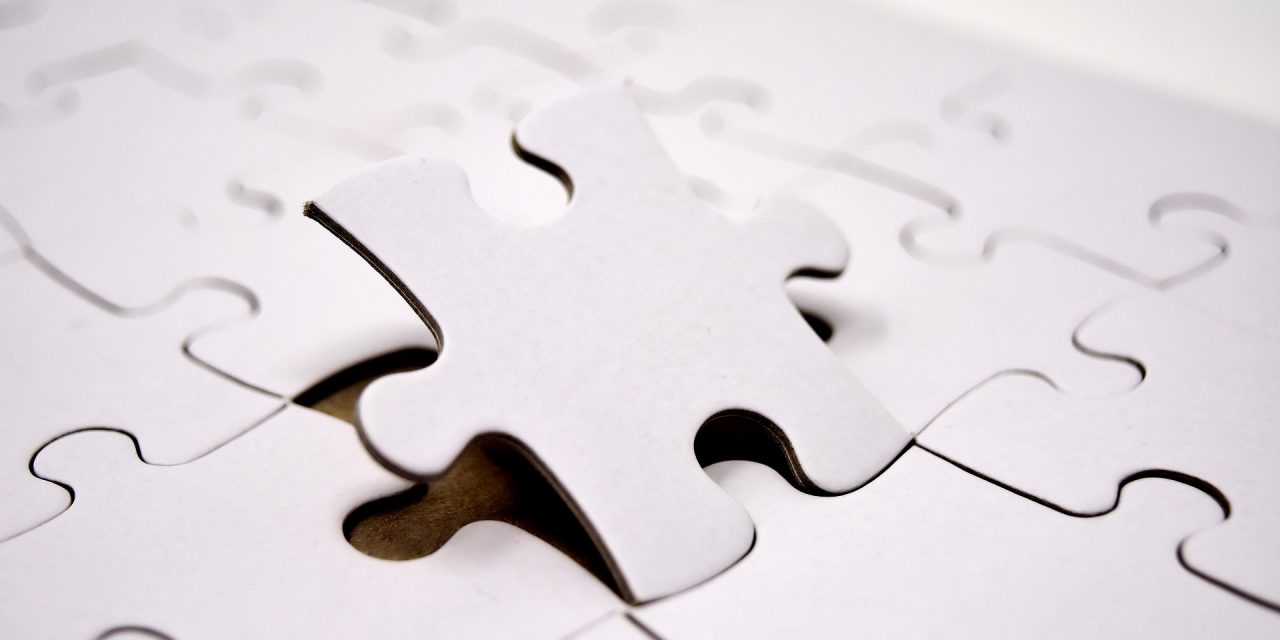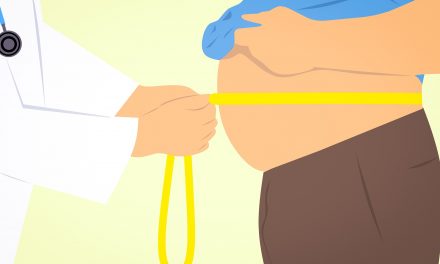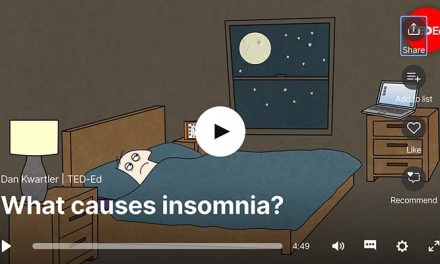
Dr. Stickgold
In his own study, Dr. Stickgold had two participants sit at a computer and type out the number sequence 41324 using their left hand. The participants were asked to type the sequence out as fast as possible while making the least amount of errors.
The participants would perform the same task again. One participant would be able to do the test after one night of sleep, while the other one would take the test later the same day. The results revealed that the participants who had a night of sleep between tests made vast improvements in speed an accuracy when typing the number sequence while the participant that did the test later on the same day showed no improvement.
The study suggests that humans continue to learn throughout their lives whether they students or not. For example, every time you get in your car, you’re making small improvements to your driving. You’re learning how fast and long to turn the key, how hard to press the gas, how to brake evenly and how to drive around corners at the correct speed. A full night of sleep aids you in fine-tuning your accuracy in performing these tasks.
Dr. Stickgold suggests that a proper night of sleep is needed to effectively “file away” memories for later recall. Insufficient sleep after learning could cause a person’s learning experience to not get filed away at all, even if that person gets a large amount of sleep on the subsequent days following the learning experience.
Stickgold thinks that the brain carries out it’s most important function while we sleep. In turn, this nighttime filing of memories shapes our entire being and helps guide us in making the right decisions throughout the day.


















